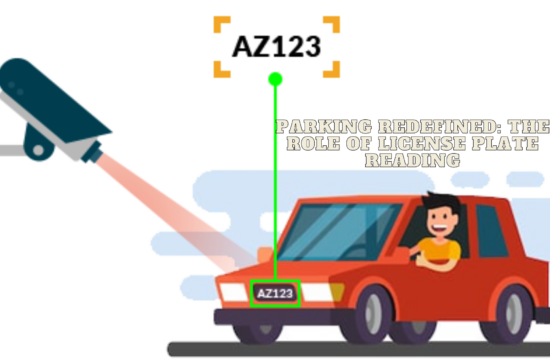We’re moving into the cooler seasons. Especially residents know that winter can come in a heartbeat. Is your car ready for it?
If not, now may be the time to start planning. To help you in that process, here are 5 tips you can follow to ensure you and your vehicle remain safe while preparing your car for winter.
Drive Safely with Secure Tread
Maintaining proper tire tread is essential for safe winter driving. Adequate tread provides better traction on snow and ice, reducing the risk of accidents. Regular inspections and replacing worn tires help ensure your vehicle can navigate slippery roads, making your winter journeys safer for you and others on the road.
Antifreeze Monitoring Made Easy
Monitoring your car’s antifreeze levels is crucial in winter. Adequate antifreeze prevents your engine from freezing and minimizes the risk of damage. Regular checks ensure your vehicle is prepared for cold weather, preventing costly repairs and keeping your engine running smoothly even in freezing temperatures.
Wipers: Ready for Duty
Having winter-ready wipers is vital for clear visibility during snowy and icy conditions. They effectively remove snow, slush, and frost from your windshield, enhancing safety. Regularly checking and replacing worn wiper blades ensures they are up for the task, allowing you to drive safely and confidently in winter weather.
Maintaining Braking Reliability
Ensuring your vehicle’s braking system is in top condition before winter is crucial for road safety. Cold weather can make roads slippery, and a reliable brake system reduces the risk of accidents. Regular brake inspections and maintenance improve stopping power, allowing you to navigate winter roads with confidence and security.
Don’t Drive on Empty
Driving on an empty tank during winter can lead to various problems. It’s essential to keep your fuel tank above empty to avoid fuel line freezing and being stranded in cold weather. Ensuring you have an adequate fuel supply also provides a safety buffer in case of unexpected delays or emergencies during winter travel.





